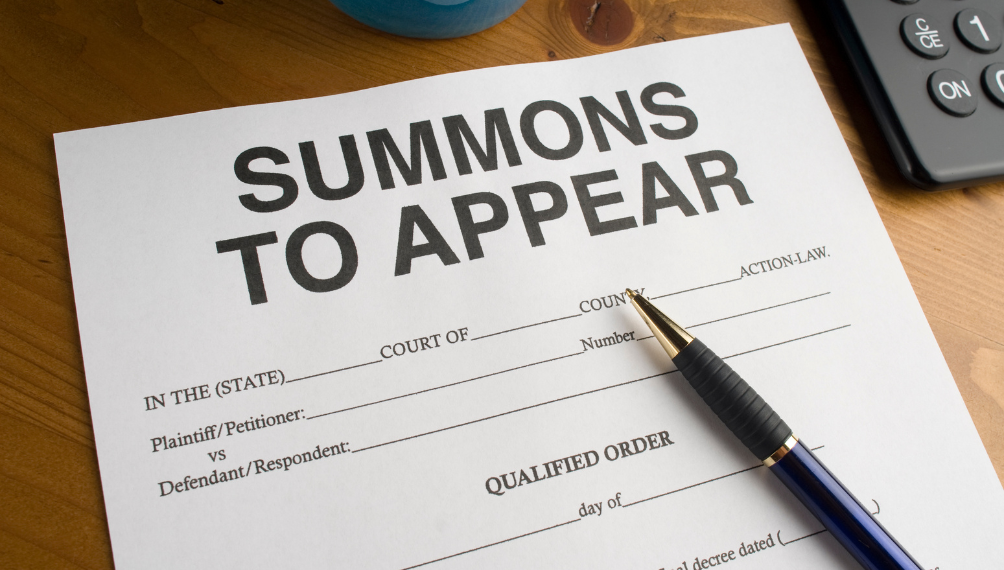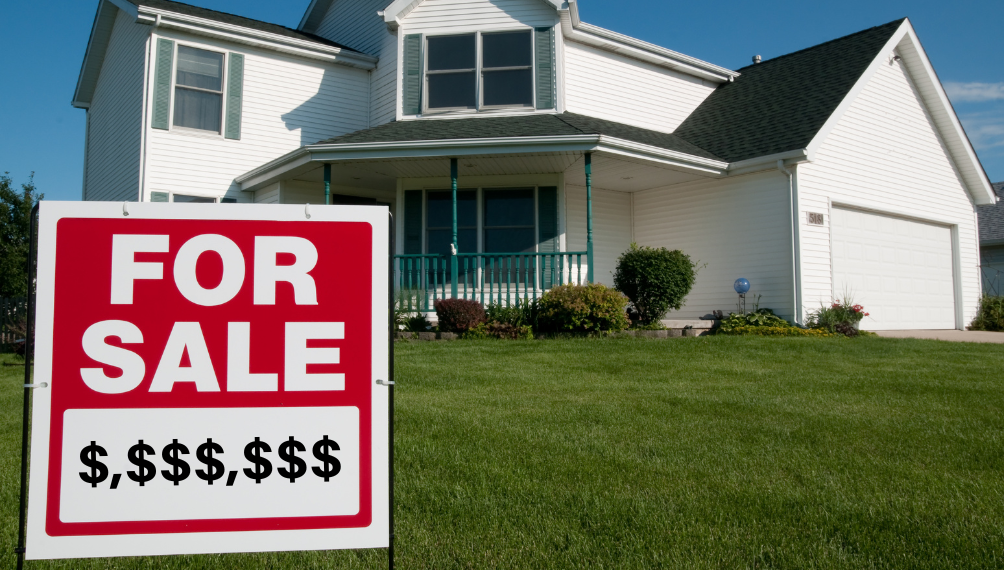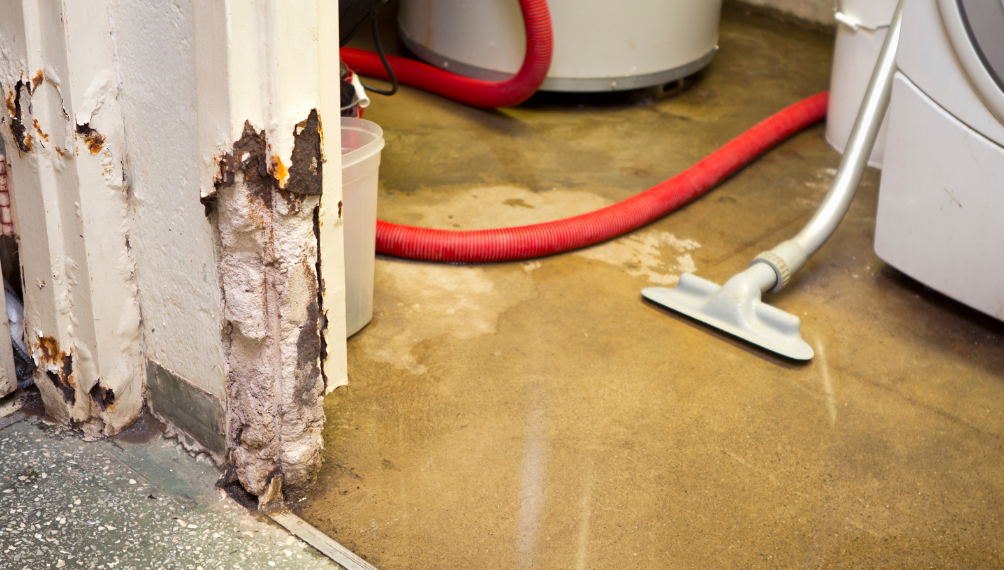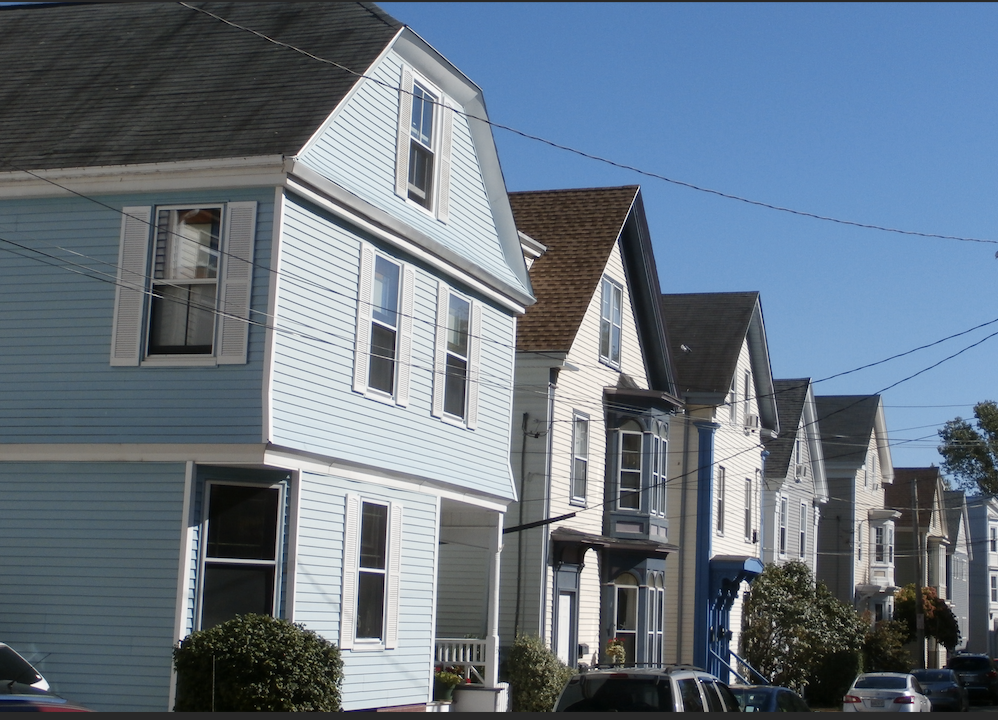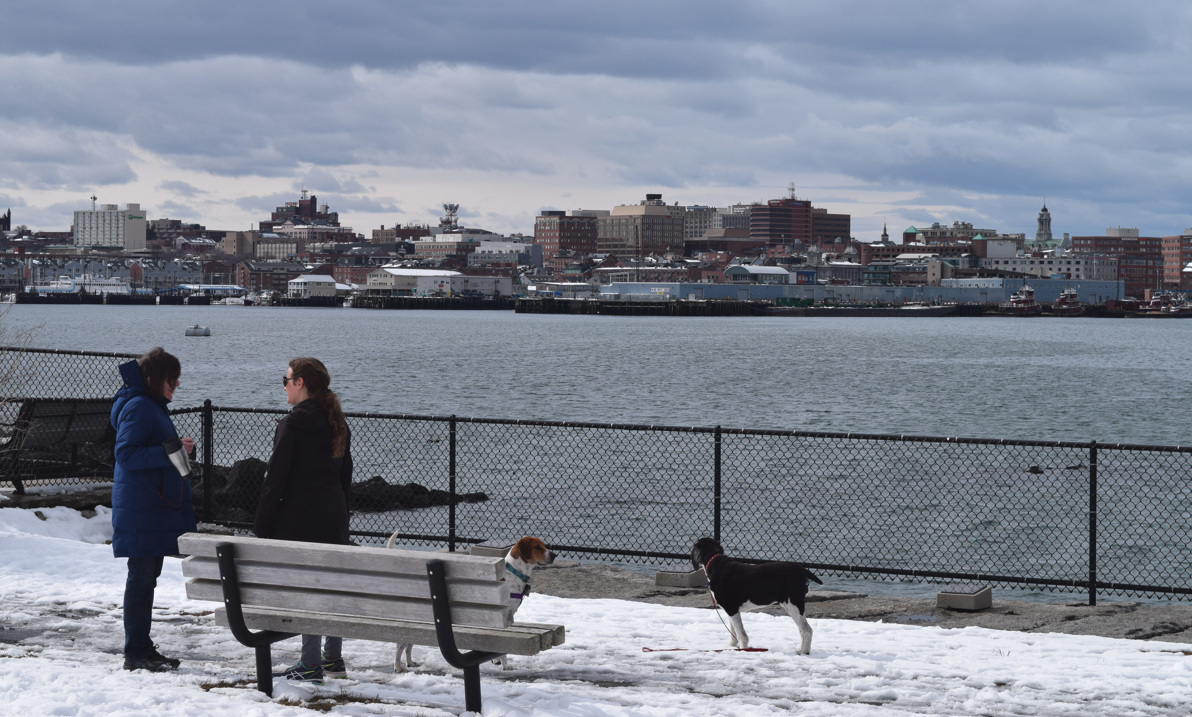The secret is out: Portland, Maine is a great place to live. Friendly neighbors, excellent restaurants, and safety make it a popular choice for families and retirees.
Even in a safe place like Maine, bad things can happen. If you have to file a home insurance claim you want to be confident that your insurance policy will help get life back to normal. When it comes to home insurance, you want to know that your agent is on your side. The team at Noyes Hall & Allen Insurance has been committed to you since 1933.
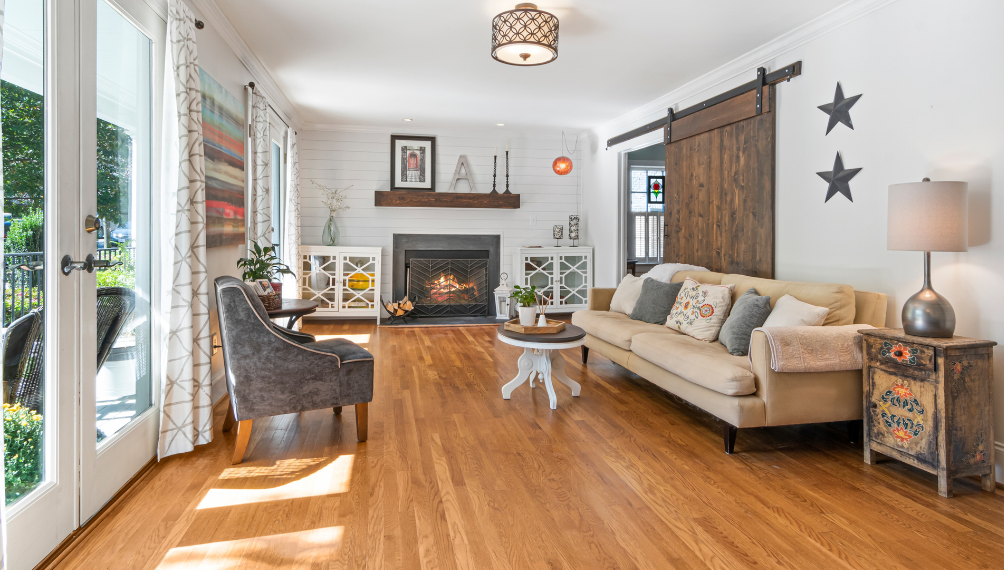
How Does a Home Inventory Help Me?
When you file a home insurance claim, your insurance company needs to know what you lost. Then they pay you to replace it. Imagine after a tragedy trying to remember everything you had in your home, every drawer and cabinet. It’s overwhelming.
You can avoid stress and frustration by preparing a home inventory. This creates a record of all the rooms in your home and what was in them. You can do it with a video walkthrough of your home, computer spreadsheet or even on paper. Either way, aim for as much backup information as possible, and update periodically. Recording details like model numbers and receipts are a good start. Store the inventory in a safe place, and back it up in the cloud or in your safe deposit box.
Are you buying a home or condo in the Portland, ME area? Are you considering changing insurance companies? Call an experienced Noyes Hall & Allen Insurance agent at 207-799-5541.
We are independent agents. That means we offer you lots of choices from a wide variety of insurance companies. We will help you find the best value for the coverage you need. We’re independent and committed to you.



